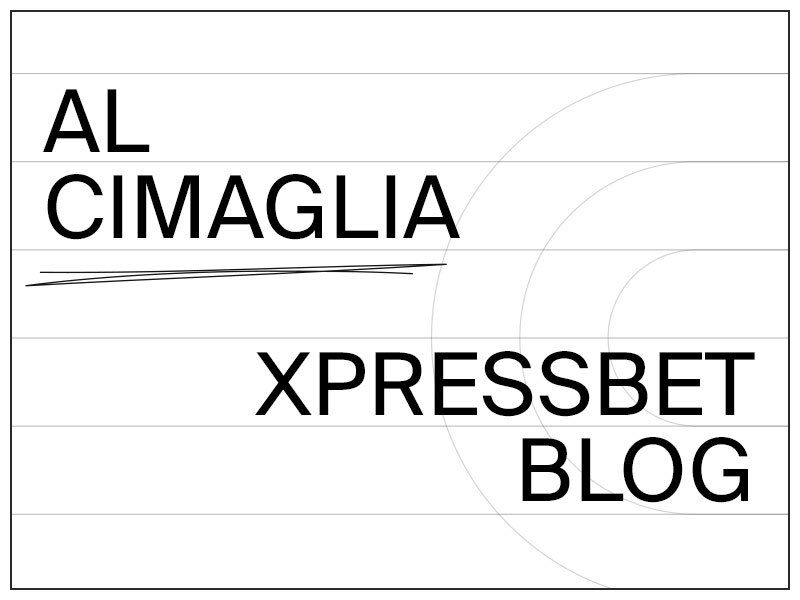by Al Cimaglia
August 31, 2017

Without trying to sound political, in general we often go from being under regulated to being over regulated in this country. In horse racing, under the guise of protecting the public, governing bodies in different jurisdictions have gone beyond practical enforcement of rules. Seemingly a trainer is not innocent until proven guilty, but rather the innocent need to prove they are not guilty.
Jurisdictions looked to even the playing field with a harder stance but because testing can't seem to catch some cheats they painted their rulings with a broad brush. This leads to those who can circumvent the rules because they are a great chemist to fly under the radar. But an unlucky trainer who has a horse test positive because a substance was found which isn't a performance enhancer and was caused by contamination, not injection is deemed a cheat. This is the case when trace amounts are found and even then, can lead to hefty fines and long suspensions. Smaller trainers who don't have the money to challenge a ruling have really suffered.
Thoroughbred trainer H. Graham Motion was suspended in 2015 when after winning the Bewitch Stakes at Keeneland, Kitten's Point tested positive for Methocarbamol, a muscle relaxant used to prevent cramping. Motion was given a $500 fine and slapped with a 5-day suspension. He chose to fight the ruling as results showed only 2.9 nanograms per milliliter of Methocarbamol in Kitten's Point system. Later the suspension was dropped but the fine and purse ditribution stayed the same.
In Kentucky, as is generally the case a trainer is held absolutely responsible for any illegal substance found in one of their trainees. This is called the absolute-insurer rule, and it doesn't matter if the drug found is measured in nanograms or has absolutely no bearing on performance. It's a cut and dried policy where science and logical thinking doesn't count for much.
In the Motion case, attorney Craig Robertson argued the absolute-insurer rule denies a trainer the right to due process because they are always going to be guilty. Robertson remarked, no matter the amount of the drug found the trainer is guilty even though there is no proof the horse's performance was improved. Earlier this month, Franklin Circuit Judge Thomas Wingate ruled in favor of Motion and against the Kentucky Horse Racing Commission by concluding the absolute-insurer rule is unconstitutional.
The decision which came down in Kentucky is a game changer if it is applied throughout the US and in Canada. There is no doubt the Franklin Circuit Court ruling will be cited in other cases, including those involving standardbred trainers. Robertson maintains the absolute-insurer rule is the same as the trainer responsibility rule, that's what it is called in Indiana and Pennsylvania. Until the Motion ruling a trainer was responsible for any drug found even though it was an obvious case of contamination.
There is no doubt a trainer should be responsible to a degree and not use ignorance as a defense. But being innocent to proven guilty is the foundation of our legal system. Robertson commented the trainer is the insurer of last resort, but not the absolute insurer.
The Graham Motion ruling may force racing to put the broad brush away and look to discern rather than rule with an iron fist regardless of logic.
You can follow me on Twitter for more thoughts, opinions and picks - @AlCimaglia.